11/19/24 by Larry Barker
Some necessary elements and characteristics of healthy churches are Future-Oriented, Vision-Driven, and High-Risk Faith. This means that the leadership of healthy churches must be willing to make the hard choices and hard changes that other leaders are unwilling to make. This requires supernatural Holy Spirit enabled courage which J.D. Greear says, “God does not call the brave; He makes brave the called.” II Timothy 1:7 tells us that God has not given us the spirit of fear but of love and power, and of a sound mind. Holy Spirit led risk means that you seek His face and follow His leading in a courageous manner.
Courage is not the absence of fear because at best that is not reality and at worst it is extremely naive. The context of God telling Joshua to be “strong and courageous” was in the midst of conquering and inhabiting the land He had promised them. There would be battles requiring them not to ignore their fears but to obey God despite them. Biblical courage has been defined as “following God in the midst of fear; embracing our identity in Christ and allowing His salvation to embolden us.” The fears are real and to be admitted but God has promised He would be with us every step of the journey.
The reality of leadership is that decision-making is a fundamental responsibility and is difficult most of the time. Peter Drucker states, “Every decision is like surgery. It is an intervention into a system and therefore it carries with it the risk of shock.” You have two ways as a leader to make your decisions. Either you can rely on your wisdom and insights or you can rely on God’s wisdom in making hard choices. Which path will you choose? The world would tell you to weigh all the evidence, compare the pros and cons, and then take the course of action that seems most sensible. That sure seems to sound good.
Henry Blackaby states, “God does not want us to do what we think is best. He wants us to do what He knows is best.” Here are some excellent questions to ask yourself in making hard choices and hard changes. Is this in agreement with the Word of God? Is this God’s will? In light of His will, what are the most important things to focus on? What tasks is He asking me to do? What things do I need to say no to, so that I can say yes to the best things? Then ask God to give you the courage to follow through on what He has decided. Proverbs 2:6, “For the Lord gives wisdom; from His mouth come knowledge and understanding.”
Blackaby continues, “How tragic when leaders face a major decision that desperately calls for God’s wisdom but they have grown unfamiliar with His voice.” You must be cautious here because Proverbs 14:12 reminds us that there is a way that seems right unto us but the end product is destruction or even death. This is why a Godly leader seeking God’s agenda will always see prayer as their first course of action. You will struggle with hard choices and hard changes but even more so when you neglect prayer. Samuel Chadwick said that “prayer is the acid test of devotion.”
Apparently, God believes and knows that we need to pray with no intermission (I Thessalonians 5:17). The greatest classroom for prayer is praying and the Word of God repeatedly reminds us to never stop. Prayer should become as normal to our spiritual life as breathing is to our physical life. The problem is talking about prayer, teaching about prayer, and encouraging others to pray but not actually spending the time needed to pray. Paul says in Ephesians 1:16, “I pray for you constantly” and in Philippians 4:6, “Don’t worry about anything, instead pray about everything!”
Hard choices and hard changes require discerning God’s agenda and joining Him there. When you decide God’s will and act upon it here are some guidelines to consider. First, learn to empathize. Every time there is a change somebody sees it as a loss. This is not sympathy, feeling sorry for their loss, but empathy, where you truly strive to understand. Empathy means that you put yourself in their shoes and you can relate to how they feel. Sympathy is vague while empathy attempts to be very specific. Empathy is Galatians 6 where your goal is restoring the weaker brother understanding that you could also be tempted.
Hard choices and hard changes also require an explanation. People cannot and will not know where you are headed if you do not tell them. Do not just expect them to just follow but instead understand that clarity is kindness. Paul was shown the Macedonian call in Acts 16:6-10 and this is what enabled him to stand up to even Peter over reaching the Gentiles. Why should you explain the choice and the change? Because if people believe in the why they will accept the what. In Philippians 1:12 Paul understood the why (the advancement of the gospel) so he was ok with the what (His imprisonment and chains).
Seek God’s face and once you know His mind on the matter cast your vision, be patient while others come up to speed, and then call them to action. Do you have God’s mind on the hard choice or the difficult change? Have you sought wise godly counsel from others? Are you remaining teachable and humble with a willingness to change yourself if that is what God requires? Will this hard choice or hard change take you closer to where God is leading you or further away? Now the time has come to ask who you fear more: God or man? Paul asked, “Am I become your enemy because I tell you the truth?”

